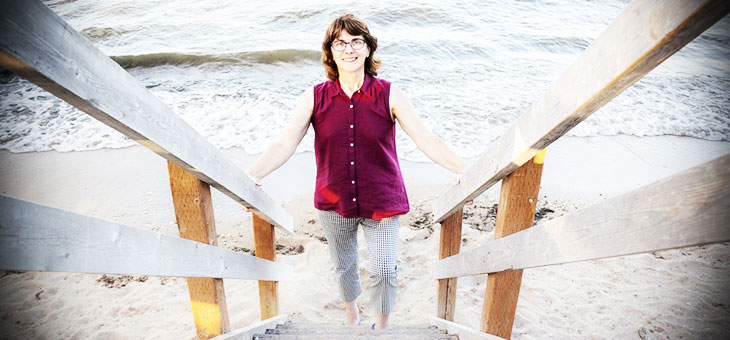Your fitness – or lack of it – says a lot about you. And maybe much more than you think.
How fast you climb stairs or walk, for instance, and how long you can stand on one leg can predict your likelihood of dying from heart disease, according to scientists.
John Brewer, professor of applied sport science at St Mary’s University in London, says inactivity is widespread and that now is the time to gain a clear snapshot of your health.
“A lot of people would be surprised to learn that they would be classified as having a sedentary lifestyle,” he said in a report republished in The Australian.
He suggests doing the following tests every four to six weeks and recording the results, but warns that they are a test, not a method of training. “So don’t expect the test itself to get you fit. You need to exercise regularly to see improvements in scores, but they can be a great source of motivation.”
Try these four tests to better understand what you need to do.
Climbing stairs
Time yourself climbing four flights of stairs. If you manage it in 45 to 55 seconds, you have a good fitness level. Under one minute is fine, but higher than that suggests improvement is needed.
The test predicts: Risk of dying from cancer and heart disease.
Studies have linked frequent stair-climbing to lowered blood pressure, reduced risk of disease and improved fitness.
The European Society of Cardiology last month published a study by a team of cardiologists at a Spanish university that put 12,615 participants with known or suspected coronary artery disease through a treadmill test. They concluded that those who failed to meet the required times were at greater risk of dying from heart disease, cancer or other causes.
“If you can walk very fast up three floors of stairs without stopping or fast up four flights without stopping, you have good functional capacity. If not, it’s a good indication that you need more exercise,” said study author Jesus Peteiro.
Standing on one leg
Time yourself while standing on one leg. Your aim is to hold the position for at least 20 seconds.
The test predicts: Your risk of stroke, small blood vessel damage in the brain and reduced cognitive function as you age.
A team from the Centre for Genomic Medicine at Kyoto University School of Medicine in Japan asked about 1400 women and men with an average age of 67 to stand on one leg for as long as they could. The participants then underwent brain MRIs.
The maximum time recorded was 60 seconds. Anyone who lost balance before 20 seconds was found to have small blood vessel damage, which “may indicate an increased risk for brain disease and cognitive decline”, according to study author associate professor Yasuharu Tabara.
Walking speed
Time yourself on your next walk to determine your speed.
The test predicts: Your risk of heart disease.
Researchers at the University of Sydney released a study of 50,000 people that showed the quicker your walking pace, the lower your risk of cardiovascular disease, particularly as you age.
Brisk walking was also linked with a 24 per cent reduction in the risk of death, while an average pace cut the risk by about a fifth.
“A fast pace is generally 5kph to 7kph, but it really depends on a walker’s fitness levels,” says Emmanuel Stamatakis from the University of Sydney’s school of public health.
“An alternative indicator is to walk at a pace that makes you slightly out of breath or sweaty when sustained.”
Linking hands
Place one hand behind the shoulder on the same side with the palm of your hand against your skin and the other hand behind the back, fingers extended. The aim is to get the fingertips touching.
What the test predicts: Upper-body flexibility and postural decline.
Physiotherapist Kim Saha says: “Often we are unaware that we are becoming more hunched over … and that it can have an impact on our future health. Failure to address a downturn in upper-body flexibility can cause serious problems and pain down the line.”
She says a hunched back puts pressure on the discs — the cushioning pads — between the bones of the lower back, so that they become compressed, causing pain in the back, neck and pelvis. And men are more at risk than women.
Are you a brisk walker? Can you stand on one leg without support for at least 20 seconds?
Related articles:
Best of physio Jason Lee
Hot flushes linked to cancer risk
Are generic drugs safe?

